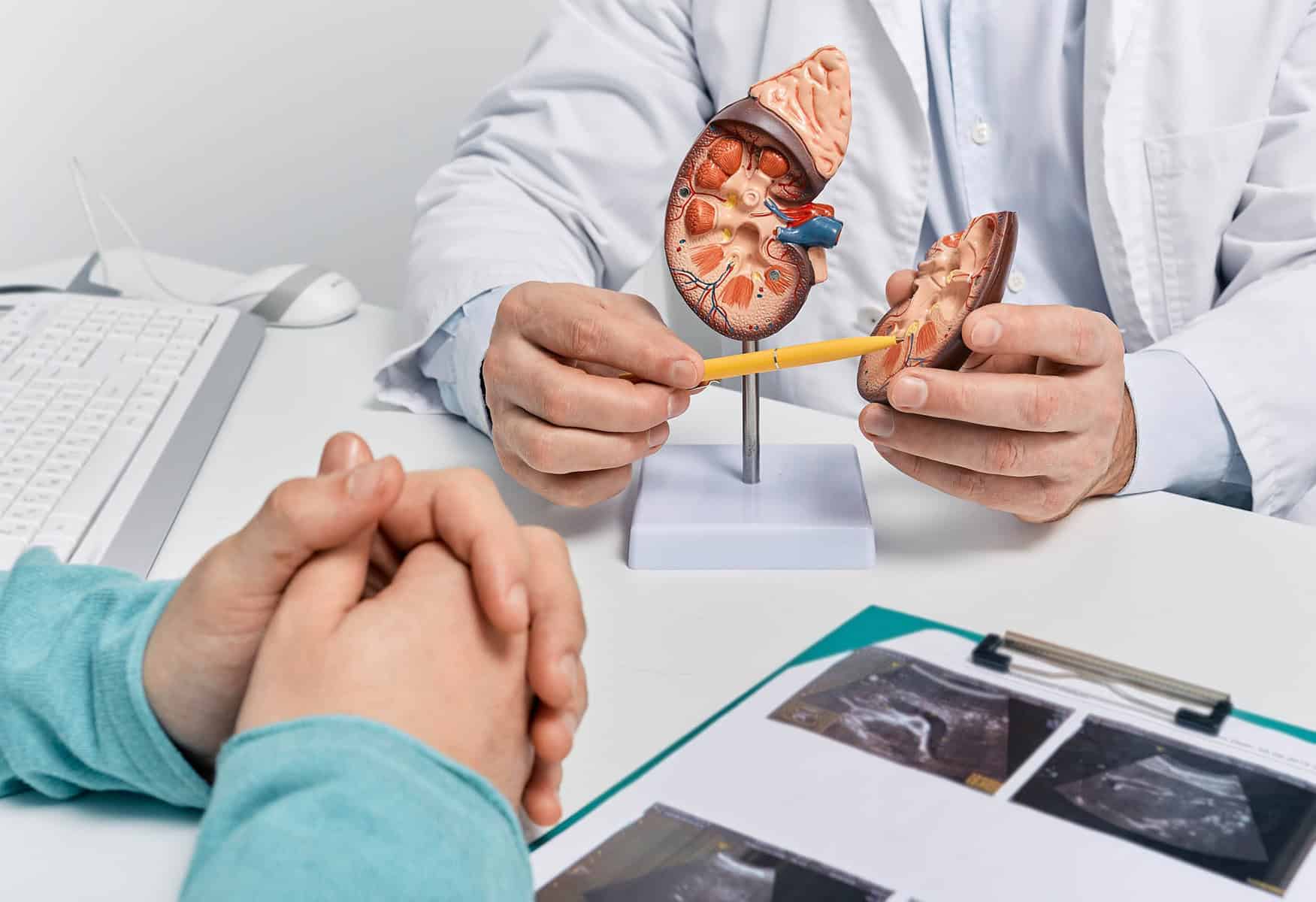Urology is a specialised field of medicine that focuses on diagnosing and treating conditions affecting the urinary system and reproductive health. Many people visit a urologist for concerns such as urinary tract infections, kidney stones and male reproductive health conditions. If you are experiencing symptoms, need a check-up or were sent for further tests, your first urology visit is an important step to getting the right urology treatment.
Understanding what to expect during your initial visit can help ease any anxiety and ensure that you are well-prepared. A urology consultation typically includes a discussion of your medical history, a physical examination and diagnostic tests if needed.
Preparing for the Appointment
Being prepared for your first urology appointment ensures a smooth and productive consultation.
What to Bring:
- Any relevant medical records, including previous urology test results.
- A list of medications you are currently taking, including prescriptions, over-the-counter medications and any supplements.
- A list of symptoms and concerns, including when they started and any patterns or triggers you’ve noticed.
- Any family history of urological conditions, such as prostate problems or kidney disease.
What to Wear:
It is best to wear comfortable clothing that allows for easy movement during the physical examination. If imaging tests such as an ultrasound are required, you may be asked to wear a medical gown.
Special Preparation Instructions:
Some urology appointments require fasting or avoiding certain medications, particularly before blood tests. If your appointment involves evaluating bladder function, you may be asked to arrive with a full bladder for collecting a urine sample or imaging tests. Your healthcare provider will provide specific instructions in advance.
Your Medical History
During your consultation, the urologist will begin by taking a detailed medical history. This is a crucial step in determining the cause of your symptoms and identifying any risk factors.
Questions You May Be Asked:
- Have you experienced any changes in urination (e.g. frequency, urgency, pain or difficulty urinating)?
- Are you experiencing pain or discomfort in the lower abdomen, back or pelvic area?
- Do you have a history of urinary tract infections, kidney stones or bladder issues?
- Have you noticed any blood in your urine?
- If male, have you experienced erectile dysfunction, testicular pain or other reproductive concerns?
- Do you have any family history of urological conditions, such as prostate cancer or kidney disease?
Lifestyle factors such as diet, hydration, exercise habits, smoking and alcohol consumption may also be discussed, as they can contribute to urological health. If you have been referred for a specific condition, your doctor will focus on addressing your concerns and recommending appropriate tests or treatments.

The Physical Examination
A physical exam is a key part of your first urology appointment. The examination will vary depending on your symptoms, gender and the reason for your visit.
What to Expect:
For men, the exam may include a scrotal or prostate examination to look for abnormalities, swelling or pain. A digital rectal exam (DRE) may be carried out to evaluate the prostate gland, especially if there are concerns about prostate enlargement or cancer.
For women, the urologist may conduct a pelvic exam to assess bladder function and detect issues such as incontinence or infections.
In some cases, a genital or rectal examination may be necessary to identify structural concerns, hernias, or nerve-related issues affecting urinary function.
To ensure your comfort, your urologist will explain each step of the examination in advance.
Diagnostic Tests
To gain a clearer understanding of your condition, your urologist may recommend additional tests, either during the appointment or as a follow-up.
Common Tests During a First Visit:
Urine Sample Collection – This helps detect infections, kidney issues or signs of bladder problems.
Blood Tests – To assess kidney function, testosterone levels or PSA (prostate-specific antigen) levels.
Ultrasound or Imaging Tests – An ultrasound may be performed to examine the kidneys, bladder or prostate.
Cystoscopy – A procedure using a thin, flexible tube with a camera to examine the bladder lining and urinary tract (usually recommended for persistent symptoms).
If further tests are required, your urologist will discuss them with you and schedule them accordingly.
Discussion and Treatment Plan
Once any examinations or required tests are complete, your urologist will discuss initial findings and potential treatment options.
What Your Urologist May Recommend:
Lifestyle Modifications – Changes in diet, fluid intake and exercise habits to improve urological health.
Medications – Prescription treatments for infections, bladder conditions, erectile dysfunction or prostate health.
Procedures or Further Testing – If necessary, follow-up tests or minimally-invasive procedures may be recommended.
Follow-Up Appointments – Monitoring and ongoing care to track progress and adjust treatments as needed.
Common Concerns and FAQs
Is a urology appointment embarrassing?
Urologists are trained professionals who handle sensitive health concerns with discretion and expertise. Your consultation is your safe space to discuss symptoms without embarrassment.
Will the appointment be painful?
Most examinations and tests are quick and minimally uncomfortable. If any procedures are necessary, your urologist will explain them and take steps to minimise discomfort.
Will my information remain confidential?
Yes, all discussions, test results and treatments are kept strictly confidential under medical privacy laws.
What if I need further treatment?
Your urologist will explain your treatment options and provide ongoing support to ensure effective management of your condition.
Taking Control of Your Urological Health
Your first urology appointment is an important step in addressing any urinary or reproductive health concerns. Urologists specialise in diagnosing and treating urological conditions, ensuring that you receive expert, tailored care.
If you have concerns about urinary health, kidney function, erectile dysfunction or prostate health, seeking medical attention early can help prevent future complications, therefore improving your overall health. Regular urology check-ups are important for early detection of potential issues and maintaining long-term well-being.
At The Forbury Clinic, our urology specialists provide expert care in a professional, confidential and comfortable environment. If you are experiencing symptoms or need a consultation, schedule an appointment today.


